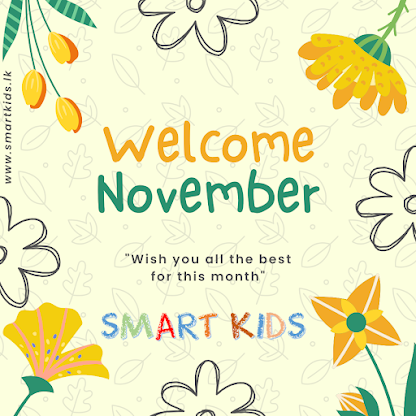The Importance and History of December
1. The Last Month of the Year
December is the twelfth and final month of the Gregorian calendar and one of the seven months with 31 days. Its name comes from the Latin word "decem", meaning "ten," as it was originally the tenth month in the ancient Roman calendar before January and February were added.
2. Significance Across Cultures
December is a month of great importance across the world, marked by cultural, religious, and historical events:
Festive Celebrations:
Christmas (December 25): Celebrates the birth of Jesus Christ, a cornerstone of Christian tradition.
Hanukkah: The Jewish Festival of Lights often falls in December, symbolizing resilience and miracles.
Kwanzaa (December 26 - January 1): Honors African heritage and culture.
Winter Solstice (Around December 21):
The shortest day of the year in the Northern Hemisphere, celebrated by many ancient cultures as a time of renewal and light.
New Year's Eve (December 31):
The global celebration marking the end of one year and the anticipation of a fresh start.
3. Historical Highlights
In Ancient Rome:
December was a month of festivities dedicated to Saturn, the god of agriculture, during the Saturnalia festival. This tradition of feasting and gift-giving influenced modern celebrations like Christmas.
Major Events in History:
The Bill of Rights was ratified (USA, December 15, 1791).
Wright Brothers' First Flight (December 17, 1903): The dawn of powered aviation.
End of World War II in Europe (December 1944): The Battle of the Bulge began in December, leading to the eventual Allied victory.
4. Cultural and Seasonal Importance
Seasonal Changes:
In the Northern Hemisphere, December marks the start of winter, symbolizing rest and reflection. In the Southern Hemisphere, it brings summer and holiday fun.
A Time of Reflection and Gratitude:
December is often associated with gratitude for the past year and setting intentions for the new one.
Fun Facts About December
The birthstones are turquoise, zircon, and tanzanite, symbolizing prosperity and success.
The flower of December is the narcissus, representing hope and renewal.
Zodiac signs are Sagittarius (Nov 22 - Dec 21) and Capricorn (Dec 22 - Jan 19).
December truly encapsulates the spirit of endings, beginnings, and celebrations, making it a month of joy, reflection, and togetherness. 🌟


































